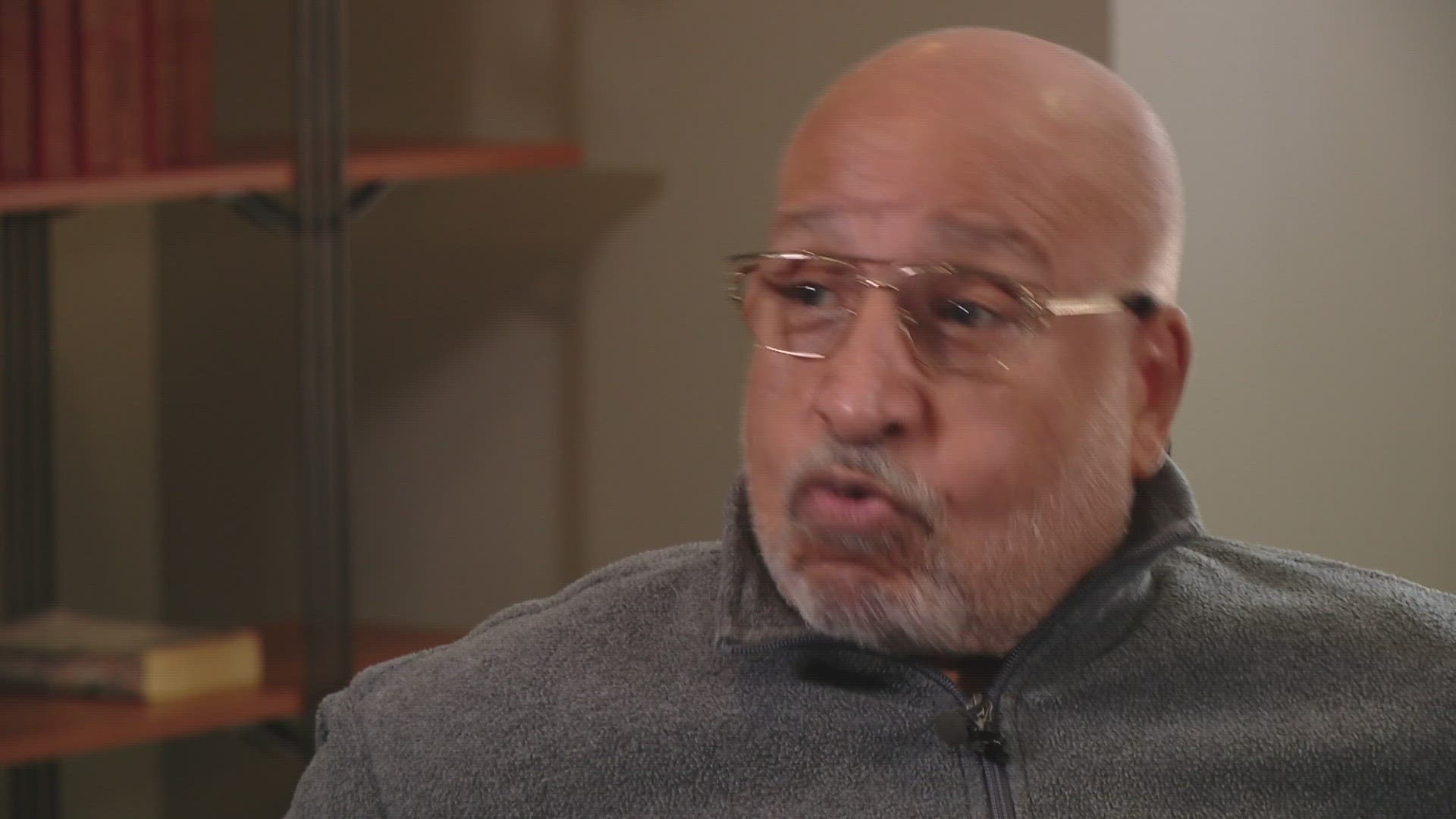PORTLAND, Maine — Tim Wilson has been tuned in to the Middle East, especially Israel and Palestine, for decades. And says the sudden and brutal invasion of Israel by Hamas on Oct. 7 did not come as a major surprise--the assault on Israel killed more than 1,000 people.
“Horrified is the way to put it. Surprised? Not really,” Wilson, Maine director of the Seeds of Peace program, said. “Because you could smell it, something was happening, people getting upset--They really were.”
That anger has fueled attacks and counter-attacks ever since, leading to the deaths of more than 1,200 Israeli civilians and soldiers, as well as Hamas terrorists, and an estimated 20,000 Palestinian civilians.
Wilson knows the issues, history, and emotions of the region well. For the past 30 years, he has been a key leader of Seeds of Peace, which started as an effort to bring young people from Israel and Palestine together, to form friendships and literally plant the seeds for peace.
He said former campers are on both sides of the current conflict. He is in contact with some, worries about all of them, and said he hopes some will still be able to use the tools they learned at Seeds of Peace camp in Maine to rebuild connections between themselves and those on the other side.
“They’re angry. Some are trying to do what they learned at camp, which is listen, have empathy but not blame. Everyone will show how much they suffered, on both sides. That’s always what happens in this situation-- I suffered more than you suffered, that’s how it's always been. It's getting people to sit down and look at each other, and say it wasn’t you, it wasn’t you. We have to be able to work together and live together .”
Wilson said Seeds of Peace hasn’t stopped trying to find ways to bring people together and help them find alternatives to the conflict. He talks further about those issues in the video interview.
As for Wilson himself, he said he'd been planning to retire as Maine director of Seeds of Peace this year, but has decided to stay on longer, because of the current war. And plans to look for ways the program can remain involved, and bring people together again, whether in Maine or the Middle East.

